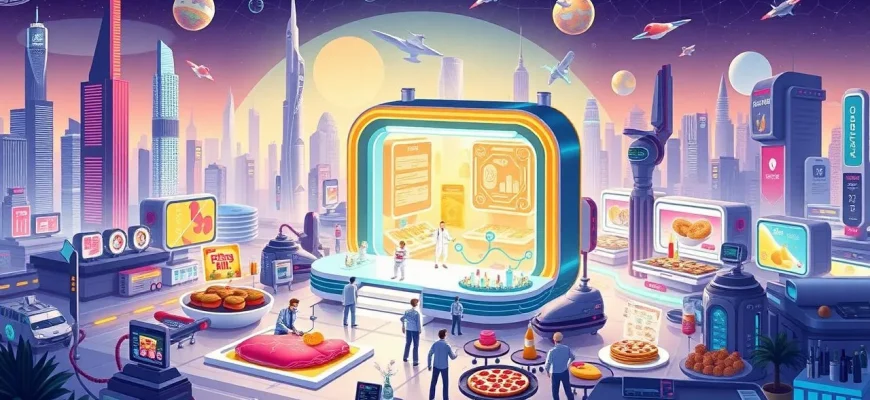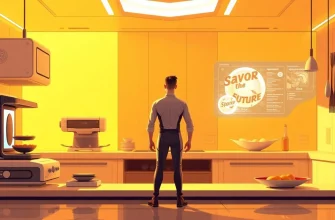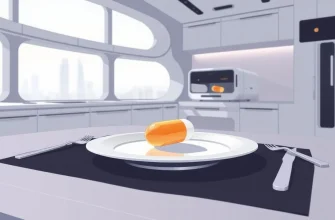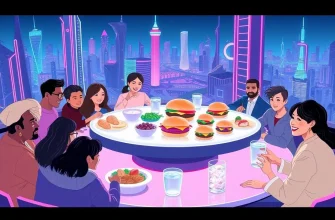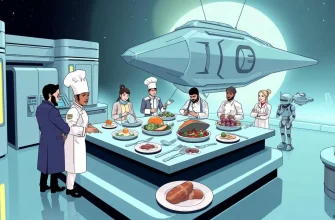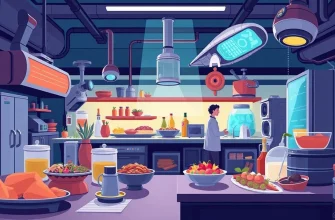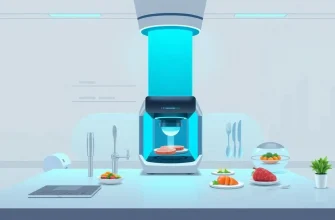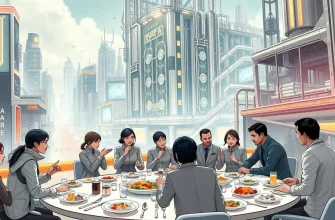In a world where technology is rapidly advancing, the concept of artificial food has become a fascinating topic for science fiction filmmakers. These films explore the implications, ethics, and sometimes the humor of a future where food is synthesized, grown in labs, or even printed. This collection of 10 sci-fi films delves into the theme of artificial food, offering viewers a glimpse into potential futures where what we eat might not be what it seems. From dystopian societies to utopian visions, these movies provide both entertainment and food for thought on the future of our dietary habits.
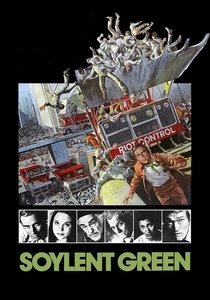
Soylent Green (1973)
Description: In this dystopian classic, overpopulation has led to a world where food is scarce, and the mysterious Soylent Green is the only solution. The film explores the dark side of artificial food production and its societal impact.
Fact: The film's title was inspired by a book called "Make Room! Make Room!" by Harry Harrison, and the phrase "Soylent Green is people!" has become a cultural meme.
 Watch Now
Watch Now 
The Matrix (1999)
Description: While not solely about artificial food, the film features humans being used as batteries, with their bodies being fed a nutrient-rich liquid to keep them alive. It's a metaphor for the control over what we consume.
Fact: The film's concept of humans as energy sources was inspired by the idea of using human body heat as a power source.
 Watch Now
Watch Now 
The Island (2005)
Description: In this Michael Bay thriller, clones are raised in a facility where they believe they are the last survivors of a contaminated Earth. Their food is artificially produced, and their lives are controlled by the corporation that created them.
Fact: The film was criticized for its similarities to the earlier film "Parts: The Clonus Horror," leading to a lawsuit.
 Watch Now
Watch Now 
Cloudy with a Chance of Meatballs (2009)
Description: This animated comedy features a machine that can turn water into food, leading to a town where food literally falls from the sky. It's a whimsical take on artificial food production gone awry.
Fact: The film's concept was loosely based on the children's book of the same name by Judi Barrett and Ron Barrett.
 Watch Now
Watch Now 
Repo Men (2010)
Description: In a future where artificial organs are common, the film also hints at a world where food might be artificially produced to sustain the population. It's a dark look at the commodification of life.
Fact: The film was based on the novel "The Repossession Mambo" by Eric Garcia.
 Watch Now
Watch Now 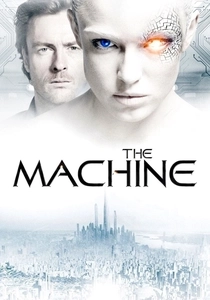
The Machine (2013)
Description: This British sci-fi film features a world where AI and human augmentation are common. Food is synthesized, and the film touches on the implications of artificial sustenance in a post-human society.
Fact: The film was shot on a relatively low budget but received praise for its special effects and philosophical depth.
 Watch Now
Watch Now 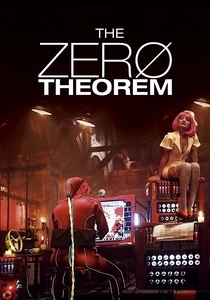
The Zero Theorem (2013)
Description: Directed by Terry Gilliam, this film features a dystopian world where food is often synthetic, reflecting the dehumanization of society through technology and artificial means.
Fact: The film was inspired by a short story by Pat Rushin, and Gilliam's unique visual style adds to the film's surreal atmosphere.
 Watch Now
Watch Now 
The Cook, the Thief, His Wife & Her Lover (1989)
Description: While not strictly sci-fi, this film explores themes of artificiality in food through its setting in a high-end restaurant where the chef's creations are a blend of art and science.
Fact: The film's director, Peter Greenaway, is known for his visually rich and provocative films.
 30 Days Free
30 Days Free 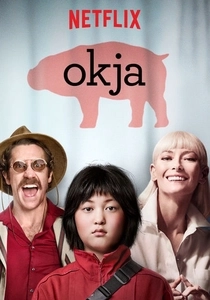
Okja (2017)
Description: Directed by Bong Joon-ho, this film follows a young girl and her genetically modified super-pig, Okja, as they navigate the corporate world of artificial meat production. It's a poignant look at the ethics of food production.
Fact: The film premiered at the 2017 Cannes Film Festival and was released on Netflix, sparking discussions on the ethics of genetically modified organisms.
 30 Days Free
30 Days Free 
WALL-E (2008)
Description: In Pixar's vision of the future, humans have left Earth, living aboard a spaceship where all their needs, including food, are met by machines. The food is synthesized, reflecting a society that has lost touch with natural resources.
Fact: The film took over four years to make and was praised for its environmental message and minimal dialogue.
 30 Days Free
30 Days Free 
